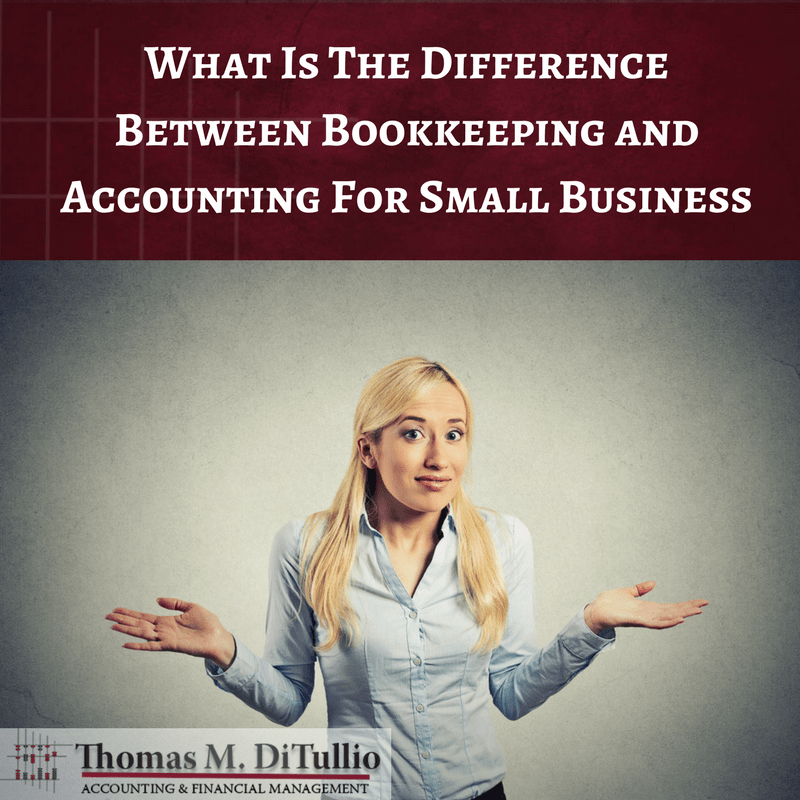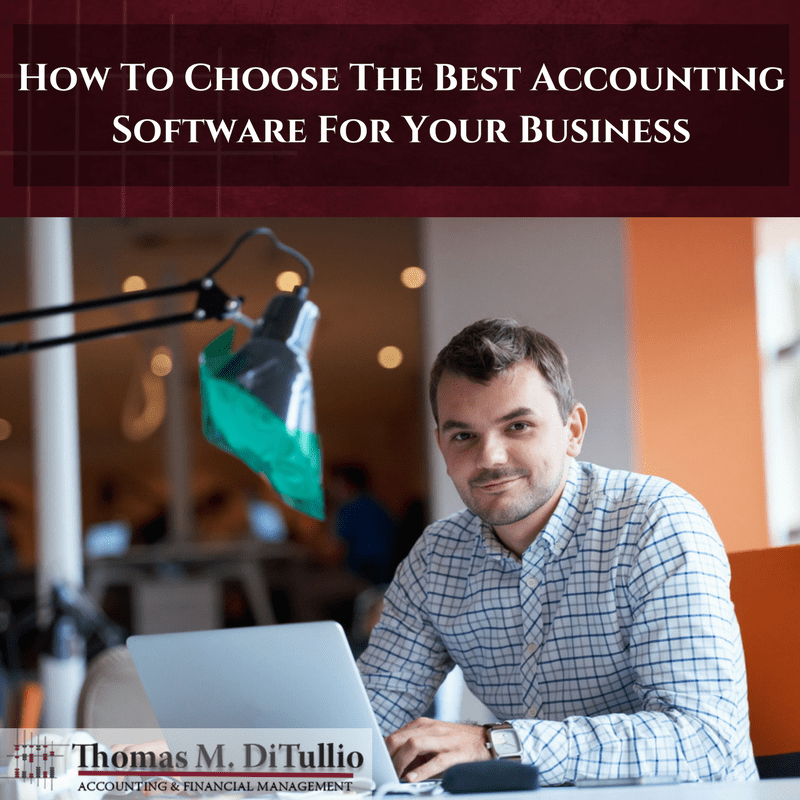How To Reduce Your Small Business Overhead Costs
In order to run your business, you will have to spend money to make money. If you do not keep these overhead costs in check, they can be major drains to your company’s bottom line. If your indirect costs are taking an increasingly larger amount from your revenue, you may need to reevaluate them and cut them where you can. Here are 12 ways you might be able to lower these costs so that you can improve your bottom line.
1. Conduct a thorough review
If you have an accountant, ask for the most recent list of your business’s overhead costs. If you do not have an accountant, search using your company’s bookkeeping software to review the costs. Once you have the list, review everything and highlight items that:
- Are unnecessary
- Too costly
- Inefficient
This can help you to identify where you need to make changes.
2. Don’t expect immediate and substantial cost savings
It is unlikely that eliminating a single line-item expense will solve your issue, especially if you have completed cost-savings exercises in the past. Making several small changes may result in more savings than you might realize, however.
3. Brainstorming
Your employees may offer excellent advice about where you might realize savings. If your company is moderately sized or large, you may want to incentivize making cost-saving suggestions by rewarding the suggestions that realize the greatest savings.
4. Reevaluate contracts with third parties
Review all of the third-party contracts that you have for leasing equipment and retaining services. You may be able to identify some older contracts that no longer meet your needs. Your business may have outgrown an existing contract, leaving you spending more to fill in the gaps in services yourself. This may lead to an increased contract price but a more substantial decrease in costs in your ledger’s other columns.
5. Clean your storage room
If you have outdated and non-working technology cluttering your storage room, clean it out and sell the equipment. You can also donate them to a school or a charity if they are still working. Make certain to ask for a receipt so that you can write off your donations on your taxes.
6. Look at your staff
You should also assess your staff and let go those who have been consistently underperforming. Underachieving employees drain your resources and the morale of your other employees, leading to less overall productivity. Make certain that your hiring and firing decisions are done in a legal manner so that you will not be sued.
7. Leverage your current base of clients to save on promotion costs
One of the best types of referral comes from your current clients. Enlist your happy customers to be the ambassadors of your brand while reducing your marketing and advertising budget. You can ask for testimonials and offer incentives for referrals.
8. Go paperless
By greatly reducing the paper that you use, you can save on storage space, paper, toner and ink and printers. Back up your important documents to a drive or the cloud and shred unnecessary files. When you have completed the transition from paper to electronic storage, sell your filing cabinets.
9. Use the right business credit cards
Most business owners have at least one credit card that they use for business expenses. Make certain that your card offers you the most benefits. If your employees use business credit cards, consider choosing business cards that allow you to control spending to certain categories and amounts on each card to save money.
10. Control purchasing
If you can, designate a person to be responsible for handling all of the purchasing. This person should be someone who is skilled at negotiating and who is able to ask for discounts. When this person has purchasing as his or her job, he or she should also look out for the best bargains.
11. Sublease space in your office
If you own your business’s space, you may have a group of rooms or floors that are unused. Sublease out this space to other businesses and subsidize your payments with the rents that you receive.
12. Determine how much space your business needs
Some businesses may find that they do not need their office space and are able to move to a telecommuting model. Others may find that relocating their offices to new locations may offer cost savings. Think about what your office is used for and why you have it. If you do need an office, think about downsizing or office rental agreements that let you have a professional space for a minimal cost.
Cutting overhead costs is an ongoing process offering results over time. It requires a careful evaluation to determine the greatest efficiencies. Keeping your overhead costs down should involve a structured method of review. Contact Tom DiTullio Accounting today for advice about how your business might improve its bottom line through cost savings.








